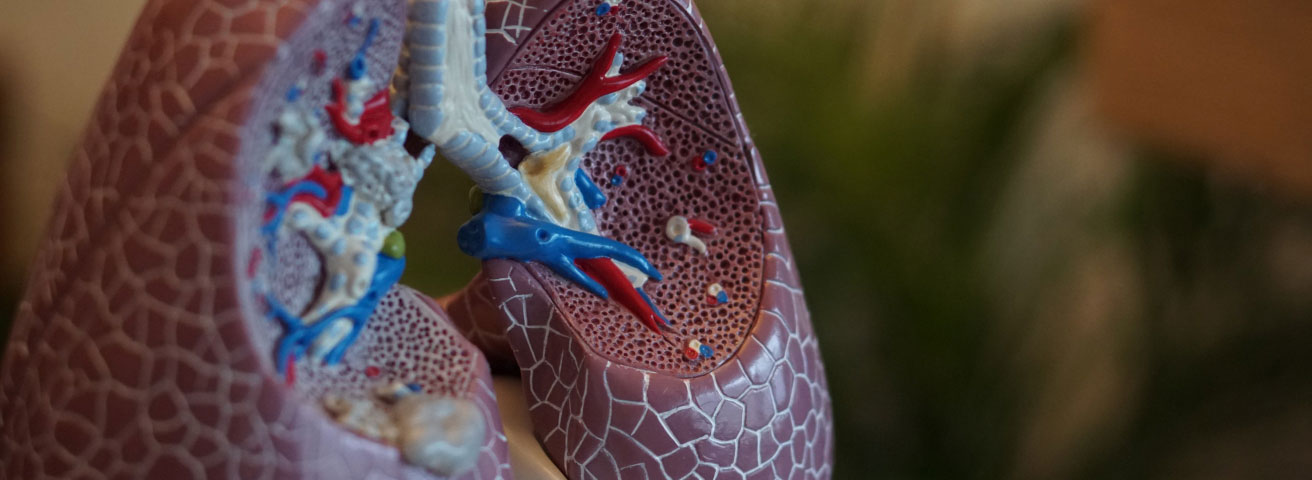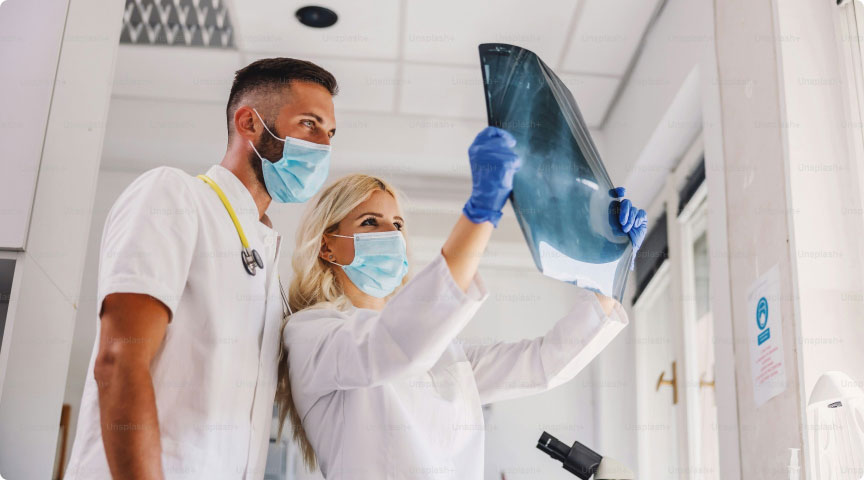Sign up to our newsletter
Get the latest news and views from Healthcare Central London, our member Practices and partners.
Healthcare Central London’s Respiratory and Spirometry diagnostic hubs are for any patient (aged 18+) who is registered with a HCL member Practice and who has a respiratory condition, such as suspected asthma or chronic obstructive pulmonary disease (COPD).

Your GP will refer you to one of the hubs if they want to measure how well your lungs work.
The hubs are available at:
Two types of breathing tests can be conducted at the hubs:
For both tests, you’ll have to take a series of deep breaths in and then do slow/hard blows out. Your clinician will guide you through the procedure on the day of testing.

Image caption
To get the best possible results:
It is important that you have been well in the six weeks before your test.
Spirometry and FeNO tests should not be performed if you:
If any of the above apply to you, please email hcl.rds1@nhs.net to rebook your appointment.

The result of your test will be sent to your GP who should contact you to make a formal diagnosis and refer you for treatment (if relevant). If you do not hear from your GP within two weeks of your appointment at the hub, please contact them directly.
The hubs help patients to self-manage their symptoms and help to reduce the number of hospital admissions. 100% of patients said they would recommend the hubs to friends or family if they needed similar care or treatment.
Get the latest news and views from Healthcare Central London, our member Practices and partners.